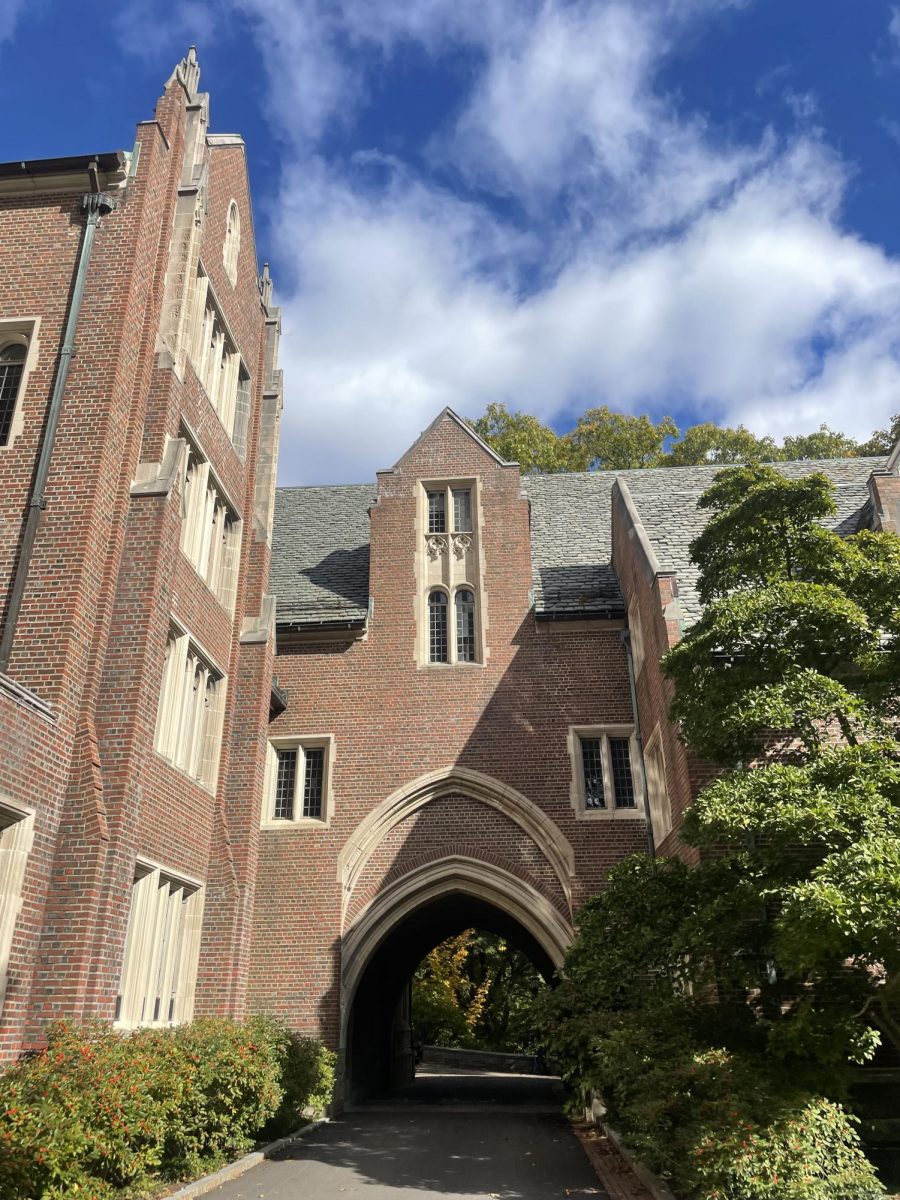This is not a new idea, but it is one that I believe needs to be reiterated at Wellesley frequently. One sort of cultural competence that I have found to be sorely lacking on campus is the consciousness that people come from different class backgrounds. We all know, theoretically, that 60 percent of first-year students receive some sort of financial aid, that admission is need-blind, though only for domestic students, not for international students, that 6.5 percent of students here come from the bottom income quintile, and 20 percent of students come from the bottom 60 percent of income in the country (data from 2013, New York Times). However, I believe that we don’t think enough about how that intersects with Wellesley’s famed stress culture.
Here, it is common for students to make how hard they work almost a point of pride. I hear friends talk, regularly, about staying up until 4:00 a.m. to finish a p-set, about how they went into office hours with their professor two or three times before turning a paper in to make sure it was good, about just how many tests and essays and quizzes and such they have to do. But, in my experience, those same students rarely talk with that same pride about how many hours they worked at their jobs this week. Some jobs even cause students to be ashamed – I remember last year, when I worked in a dining hall, hearing disparaging comments about dining hall workers and thinking ‘they’re talking about me.’ Nobody talks about their long dining hall or library or escort van hours with the same pride people have when they talk about the number of e-boards they are on.
I think that it is time for a broad cultural shift on this campus toward being more cognizant of the needs of students who work. It is important that we give working an on- or off-campus job as much cultural weight as we do org involvement or academic prowess. Without the need to work a job, I know I could be so much more successful academically, extracurricularly and even socially. Wellesley claims that it distributes about $200,000 in payment for on-campus jobs per year. Assuming that each student is making about $1,000, then there are about 200 students working on-campus jobs, or a tenth of the population here. Again, this number is likely far lower than the actual number of students employed at Wellesley, but still tells us that at least 10 percent of the students here are workers here, too.
Stress culture is particularly detrimental to students who work because it gives us the sense that we will never be able to catch up with everyone else. It is simply impossible to do as many extracurriculars, and have as healthy of a social life and do as well in school as a student who doesn’t have to work when you do. And I am speaking from a relatively privileged position. I work only to pay my own living expenses. For my friends who work to pay their entire tuition or who work because they need to support their families, the situation is much more intense. But regardless, for all of us, existing on this campus is just that much harder. So promoting a standard that requires everyone here to be stressed out all the time, to be running from org meeting to advisor meeting to class constantly, is particularly unproductive, because there are things in the way of us ever meeting that impossible standard.





